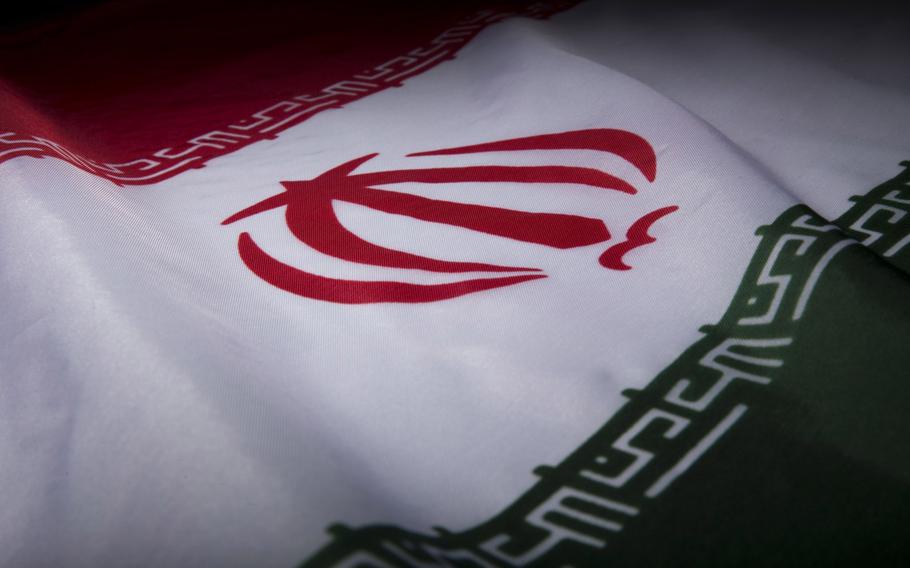
The Iranian flag. (Scott Eells/Bloomberg)
Iran released its longest-held U.S.-Iranian detainee, a businessman jailed seven years ago during a visit to Tehran, and his elderly father, according to the United Nations.
The announcement coincided with anti-government protests in Iran and, separately, a prisoner swap between the U.S. and Venezuela following diplomacy by President Joe Biden’s administration. The White House denied a news report from Iran suggesting that billions of dollars in Iranian funds frozen abroad would soon be released.
Iran arrested Siamak Namazi in October 2015 and sentenced him to 10 years in prison for “colluding with foreign countries.” Namazi is only on a one-week furlough from Tehran’s Evin prison and remains barred from leaving Iran, Reuters reported, citing his lawyer.
Namazi’s 85-year-old father, Baqer Namazi, arrested in February 2016 after authorities lured him to Iran on the false promise that he’d meet his son, will be allowed to leave Iran to receive medical care, the UN said in a statement.
Iran’s state-run Nour News tweeted on Saturday that negotiations mediated by a Middle Eastern country had led to the “simultaneous release” of Iranian and U.S. prisoners and that billions of dollars of Iranian funds frozen abroad under sanctions would soon be released.
“Reports from Iranian sources of a transfer of funds related to the release of Baquer Namazi and furlough of Siamak Namazi are categorically false,” Adrienne Watson, a spokesperson for the White House’s National Security Council, said in a statement.
A UN working group determined in 2017 that Siamak and Baqer Namazi hadn’t received fair trials and demanded their immediate release.
Iranian and U.S. officials have said recently that they’d discussed prisoner exchanges through interlocutors, while denying any direct link to the talks on Iran’s nuclear program.
Restoring the accord would release sanctions on Iran’s struggling economy in exchange for limits on its nuclear activity. Economic malaise and a confluence of other grievances related to civil liberties have converged during the protests, which have entered their third week.
The unrest erupted on Sept. 16 after a 22-year-old woman died in the custody of Tehran’s morality police, who’d arrested her for allegedly violating Islamic dress codes.